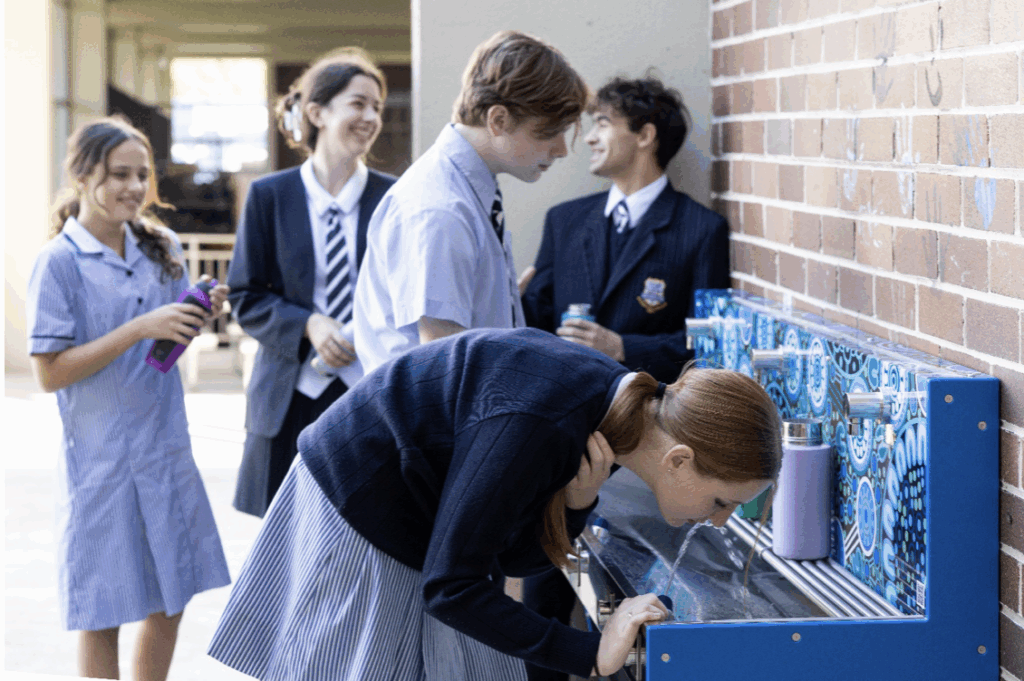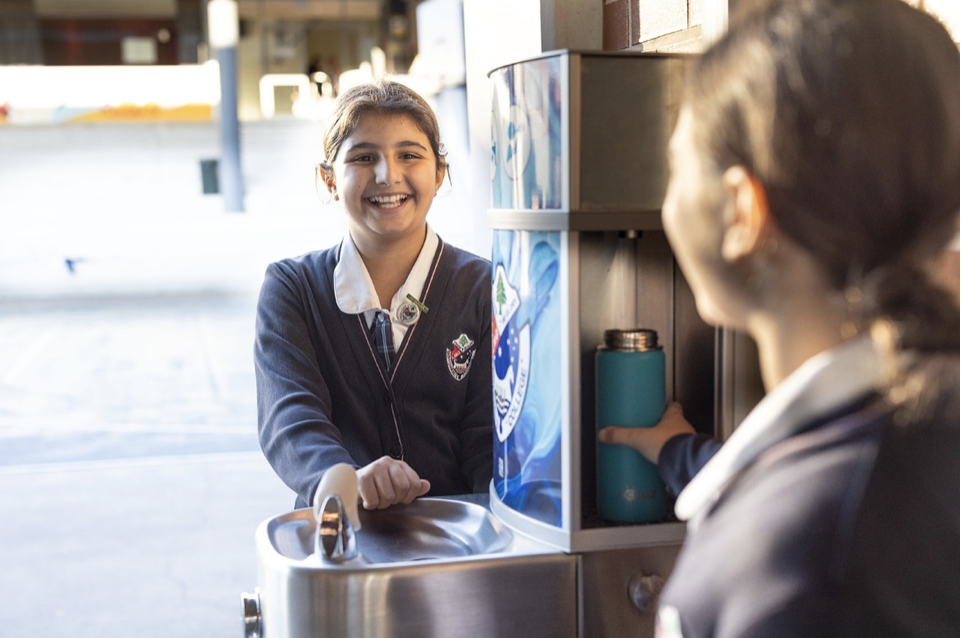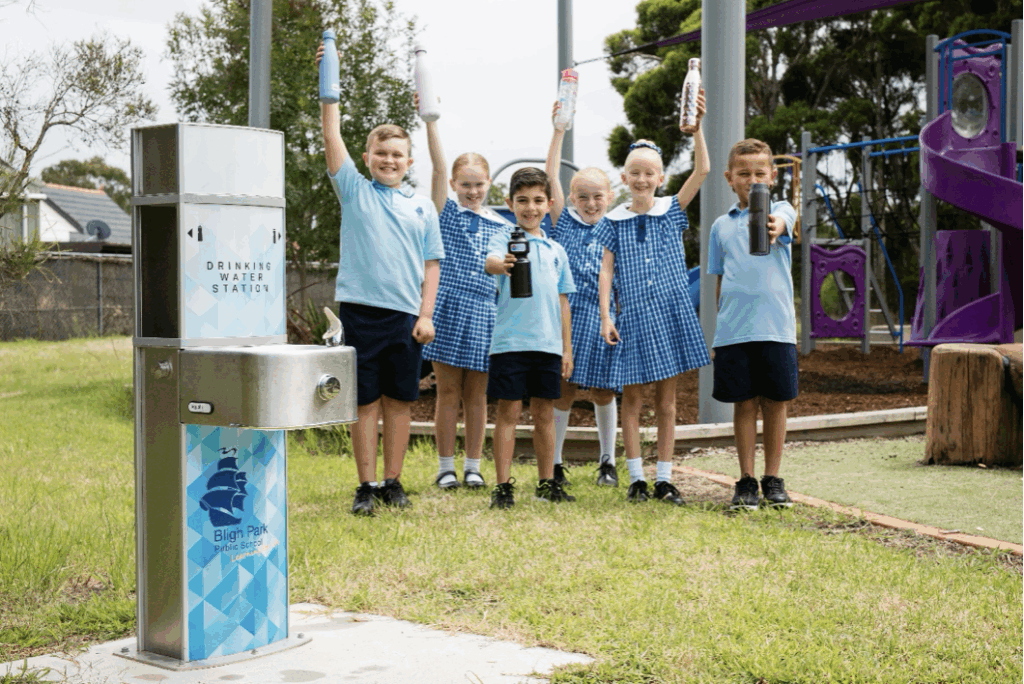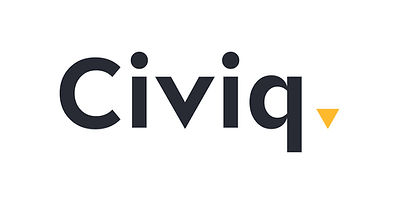Civiq: The Simple Fix to Poor Concentration and Disruptive Behaviour in Classrooms
A drop in hydration as small as one to two per cent can significantly affect how students think, feel, and learn. Flowing with Culture: The Significance of Water
Scientific studies have shown that even mild dehydration can impair memory, reduce attention span, and lower decision-making ability.
These are essential skills in every classroom, and they can suffer just from not drinking enough water.
Keep reading and discover the easiest way to boost classroom performance without changing your curriculum or adding to your workload.

Hydration Fuels the Brain and Behaviour
Hydration plays a critical role in brain function. Research from the University of East London and the British Journal of Nutrition confirms that students who drink water perform better on cognitive tasks, especially those involving memory and focus.
However, water impacts more than just our thoughts.
It also influences mood and classroom behaviour. Dehydrated students are more likely to feel fatigued, anxious, or irritable. These emotional changes can lead to distractions and disruptions.
On the other hand, regular hydration helps stabilise mood, boost energy, and improve behaviour, creating a calmer and more productive learning environment.
You’ve seen it yourself. The restless energy, the brain fog, the shift that happens after a quick water break. You know the difference it makes—even if no one’s put it into words before.

Easy Access, Better Habits
Students are more likely to stay hydrated when water is easily accessible. Installing modern refill stations in schools makes water the default choice and reduces reliance on sugary drinks. When hydration is part of the routine, focus and performance improve.
Today’s younger generations are already on board. On platforms like TikTok and Instagram, hydration has become a lifestyle trend. Students proudly carry refillable “Stanley” bottles, share their hydration goals, and participate in wellness challenges.
Schools play a crucial role in building on this momentum, providing the supportive infrastructure and messaging needed to make hydration a school-wide priority.
A Win for Sustainability
Encouraging the use of refillable bottles not only promotes hydration but also reduces plastic waste, contributing to broader sustainability goals. By supporting this movement, educators can help students understand the positive impact they can have on the environment, making them feel part of a larger, positive movement.
Simple Steps for Schools

Creating a hydration-friendly environment doesn’t require a major overhaul. With a few simple strategies, schools can encourage better habits, improve student focus, and support long-term health and sustainability.
Here are practical ways to make hydration a daily priority:
- Install bottle refill stations in high-traffic areas like hallways, playgrounds, and near the canteen
- Encourage regular water breaks throughout the day, especially after lunch and physical activity
- Include hydration tips and science in health education programs
- Use signage, assemblies, or student campaigns to promote hydration as a school-wide priority
- Highlight the environmental impact of plastic reduction through refill culture
Hydration is not just about quenching thirst. It is about improving concentration, balancing emotions, supporting health, and promoting sustainability. Every bottle refill supports better learning and a better future.
For more information, visit civiq.com.au
1300 600 300

